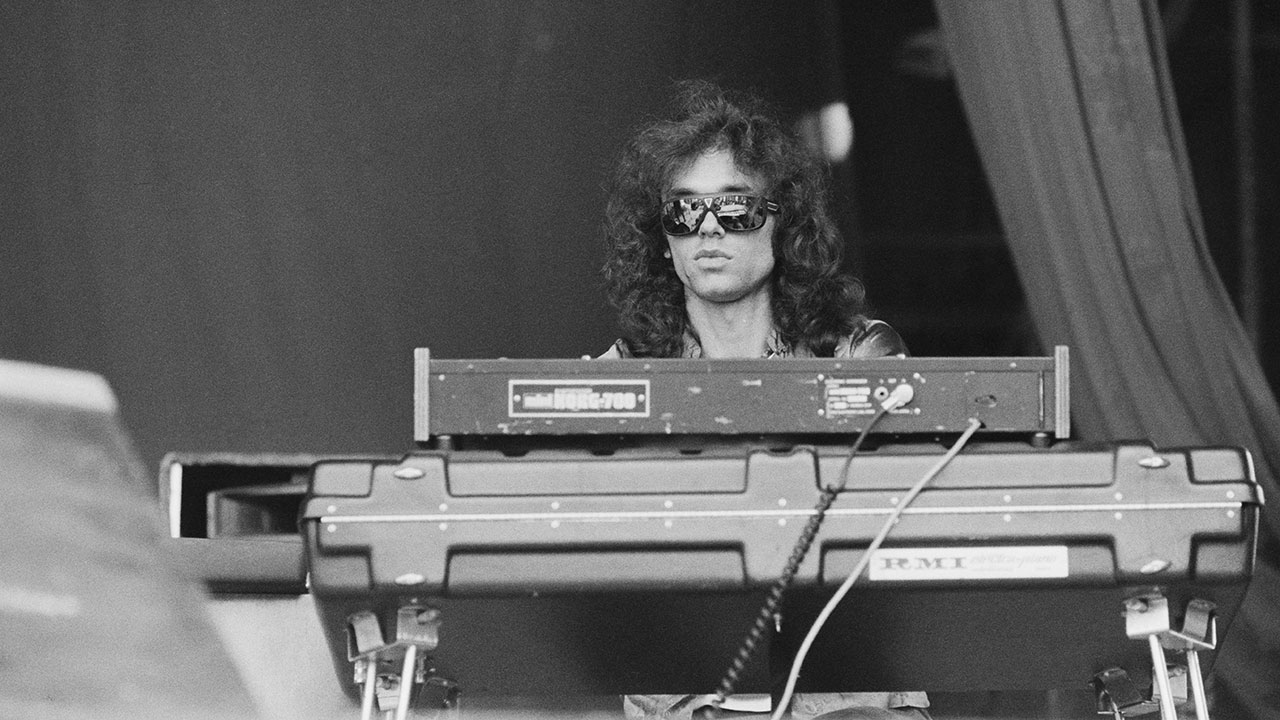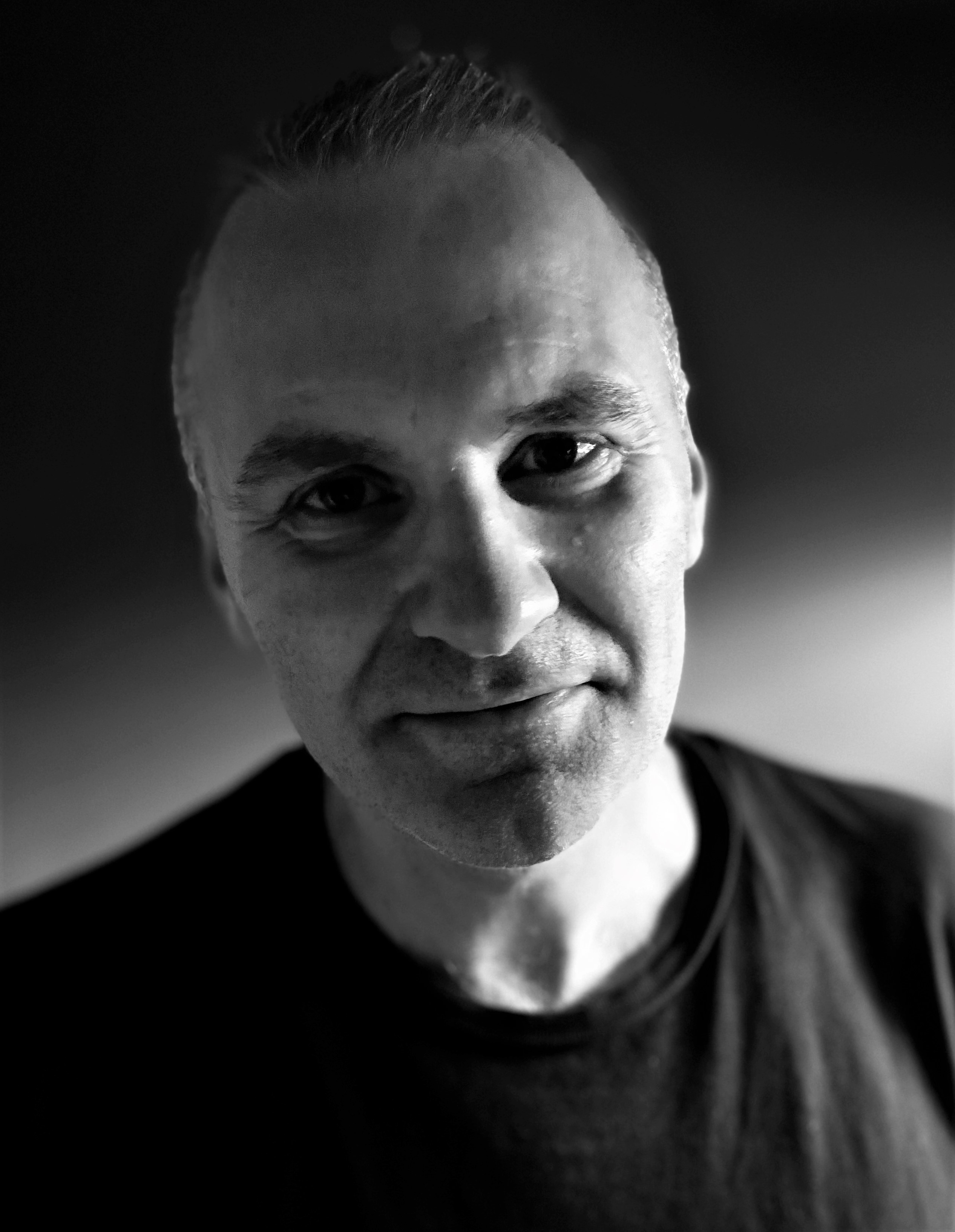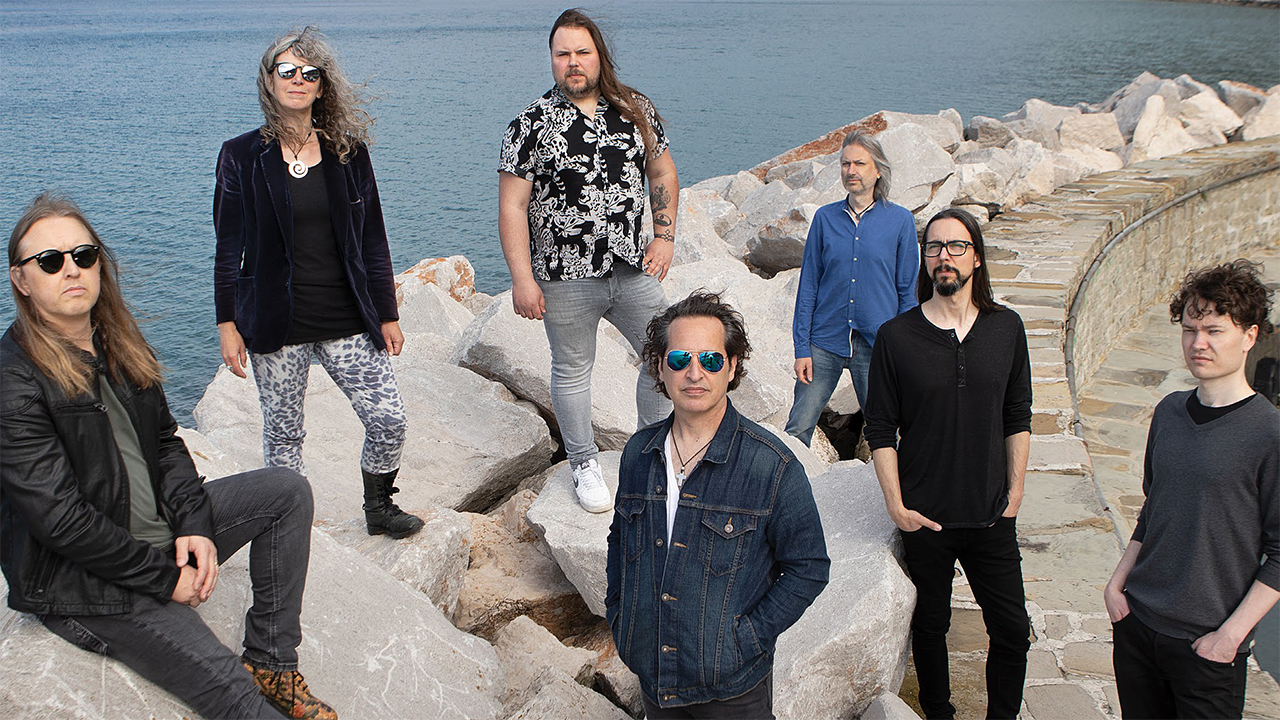
Select the newsletters you’d like to receive. Then, add your email to sign up.
You are now subscribed
Your newsletter sign-up was successful
Want to add more newsletters?
Simon House, former keyboardist and violinist for Hawkwind and member of David Bowie’s live band, has died, aged 76. The news was broken by his daughter Holly on Sunday (25 May).
Born in Nottingham on 29 August 1948, House was a classically trained violinist who married effortless technique with boundary-pushing sonic exploration, and is also one of the great unsung keyboardists of the progressive ‘70s.
Moving to London in the ‘60s, he quickly embedded himself in the countercultural scene of Notting Hill and Ladbroke Grove. The first band of note he joined was High Tide, a post-psychedelic/proto-prog outfit formed by ex-Misunderstood guitarist Tony Hill. House was playing bass when he first drifted into the band’s circle, but Hill encouraged him to switch to violin instead. Electrified and pushed through a variety of effects, House’s playing was imbued with a wailing power, and became a defining part of High Tide’s sound.
High Tide were a Clearwater band and regularly played shows around west London, one of which, at the All Saints Church Hall on 29 August 1969 (House’s 21st birthday), was famously gatecrashed by the band that would go on to become Hawkwind. House recorded two albums with High Tide, Sea Shanties and High Tide, before the band broke up. He then became a member of the Third Ear Band, and played on the soundtrack album the group recorded for Roman Polanski’s film of Macbeth. While violin was still his main instrument, House had also started playing keyboards as well, including the VCS3 synth.
When Hawkwind’s synth player Del Dettmar announced his intention to leave the band at the end of 1973, House was recruited to take his place. With Dettmar not officially leaving until June 1974, House spent his first few months in the background, making occasional contributions on stage and tagging along as part of the band’s entourage during their ‘1999 Party’ tour of America.
But by the time that Hawkwind went into Olympic studios in May 1974 to record Hall Of The Mountain Grill, House was a fully-fledged member and immediately made his presence felt. Whereas Hawkwind had previously been renowned for their crunching, deep space riffarama, House brought a new sophistication to their sound, from the faux-classical drama of Wind Of Change to the elegant pocket symphony of the album’s title track, House’s first writing credit with the band.
But it was on 1975’s Warrior On The Edge Of Time that House really came into his own, his sweeping Mellotron, coiling synths and Banshee violin bringing the fantastical concept behind the album to life, creating the aural equivalent of reading one of Michael Moorcock’s Eternal Champion novels. It also featured another House-penned instrumental, Spiral Galaxy 28948, his birthday slightly mixed up.
Sign up below to get the latest from Prog, plus exclusive special offers, direct to your inbox!
As Hawkwind’s sound changed again following the return of frontman Robert Calvert and the joining of Paul Rudolph, House adapted with ease to the mellower vibe of Astounding Sounds, Amazing Music, his woozy clavinet and vaporous synth work bringing a distinctly Floydian atmosphere to tracks such as City Of Lagoons and his own Chronoglide Skyway.
Quark, Strangeness And Charm from 1977 was a steelier, more futuristic sounding album, with House once again bringing a new palette of electronic colours to bear. This was particularly in evidence on his instrumental The Forge Of Vulcan, with the first appearance of a sequencer loop on a Hawkwind album. Elsewhere, his organ and violin breakdown in Damnation Alley is just sublime and his swirling arabesques create the perfect backing for Hassan I Sahba.
At the start of 1978, House dropped a bombshell in the Hawkwind camp when he announced he was leaving to join David Bowie’s live band. House had known Bowie since his High Tide days, and after some deliberation, accepted his invitation to become the violinist on Bowie’s Isolar II world tour, beginning in the US in March 1978. Dressed all in white, House was a stand-out yet implacable presence on stage, enhancing Bowie’s more autre material such as Warszawa. He also contributed to Bowie’s subsequent Lodger album, including the hit single Boys Keep Swinging.
House worked as a session musician throughout the 1980s, featuring on albums including Japan’s Tin Drum and Thomas Dolby’s The Golden Age Of Wireless, before rejoining Hawkwind in 1989 and appearing on the Space Bandits and Palace Springs albums. House left the band again in 1991, but would return for two further stints, 2000-2002 (appearing on the Yule Ritual and Canterbury Fayre live albums) and 2005-2007 (appearing on Take Me To Your Leader).
Joe is a regular contributor to Prog. He also writes for Electronic Sound, The Quietus, and Shindig!, specialising in leftfield psych/prog/rock, retro futurism, and the underground sounds of the 1970s. His work has also appeared in The Guardian, MOJO, and Rock & Folk. Joe is the author of the acclaimed Hawkwind biographyDays Of The Underground (2020). He’s on Twitter and Facebook, and his website is https://www.daysoftheunderground.com/.


